

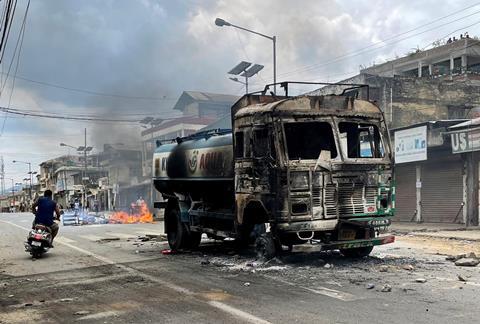
More than 20,000 people were killed and half a million were left homeless after a powerful earthquake hit the Indian state of Gujarat in 2002. Among the affected were 150 Hindu families in the remote village of Mavnugam, whose homes were destroyed. Almost two years later, thanks to a church-led effort, the villagers now have a new village with earthquake-proof homes, a school, health center, and other amenities. This project was made possible by funds raised by international partner churches and was inaugurated on a special day for the Church of North India.
The Devastating 2002 Gujarat Earthquake: A Tragedy and a Triumph
On January 26, 2002, a catastrophic earthquake struck the state of Gujarat, India, leaving an indelible mark on the region. With a magnitude of 7.7 on the Richter scale and its epicenter in the town of Bhuj, the quake unleashed widespread devastation.
Impact and Aftermath
The earthquake claimed the lives of over 20,000 people and rendered half a million homeless. Entire villages were flattened, and infrastructure in urban areas crumbled. The city of Ahmedabad, located around 200 kilometers from the epicenter, suffered significant damage, with thousands of buildings collapsing.
The tragedy also had devastating social and economic consequences. Families were torn apart, livelihoods were lost, and the region's already impoverished population was plunged deeper into despair.
Relief and Recovery Efforts
In the wake of the disaster, India and the international community rallied to provide aid and support to the survivors. Rescue workers tirelessly searched for victims, while medical teams worked around the clock to treat the injured.
Government agencies, non-governmental organizations (NGOs), and religious organizations played a crucial role in the relief efforts. They established temporary shelters, provided clean water and food, and offered medical assistance.
Rebuilding a Shattered Community
The village of Mavnugam, home to 150 Hindu families, was among the areas severely affected by the earthquake. Their homes were destroyed, and the community was left destitute.
However, thanks to a church-led effort, the villagers were able to rebuild their lives. With funds raised from partner churches around the world, a new village was constructed with earthquake-proof homes, a school, a health center, and other essential amenities.
The inauguration of this new village on a special day for the Church of North India became a symbol of hope and resilience amidst the tragedy.
Top 5 FAQs
1. What was the magnitude of the 2002 Gujarat earthquake? Answer: 7.7 on the Richter scale
2. How many people died in the earthquake? Answer: Over 20,000
3. What caused the most damage in the earthquake? Answer: The collapse of buildings and infrastructure
4. What was the impact of the earthquake on Mavnugam village? Answer: It destroyed all homes and left the community homeless
5. Who played a significant role in the rebuilding efforts? Answer: Churches, NGOs, and government agencies
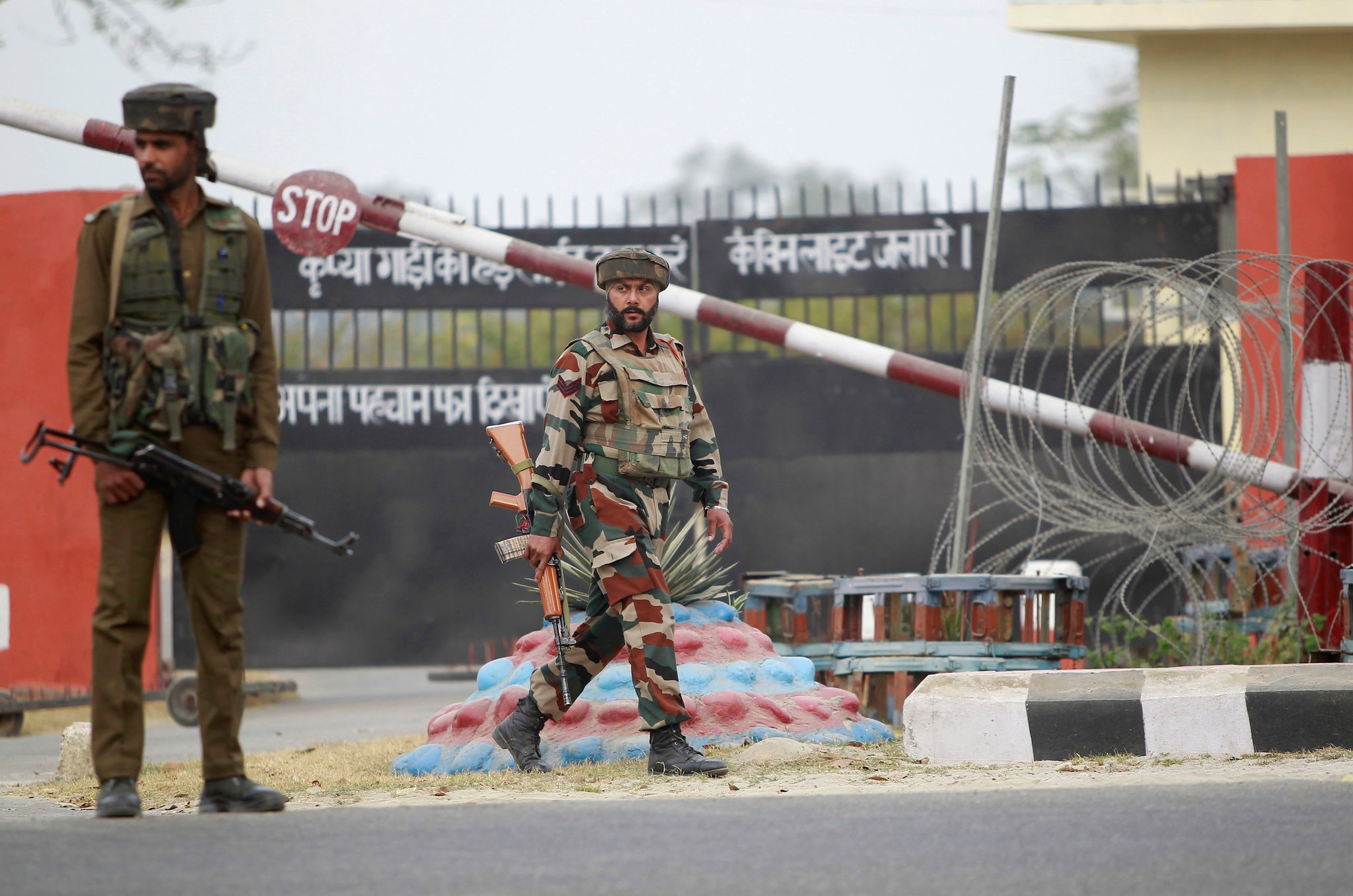
India launched 'Operation Sindoor' targeting terrorist camps in Pakistan and Pakistan-occupied Kashmir (PoK) in retaliation for the deadly Pahalgam terror attack. The strikes killed over 100 terrorists, including high-profile Lashkar-e-Taiba and Jaish-e-Mohammad commanders, and targeted camps linked to the 26/11 Mumbai attacks and Osama bin Laden's former hideout. Among the terrorists killed was Abu Jundal, the commander of the Muridke camp, who oversaw training and operations for Lashkar-e-Taiba militants responsible for major attacks in India. The funeral for Jundal was attended by a serving Lieutenant General of the Pakistan Army and the Inspector General of Punjab Police, highlighting the presence and support of the Pakistani government for these terrorist groups.
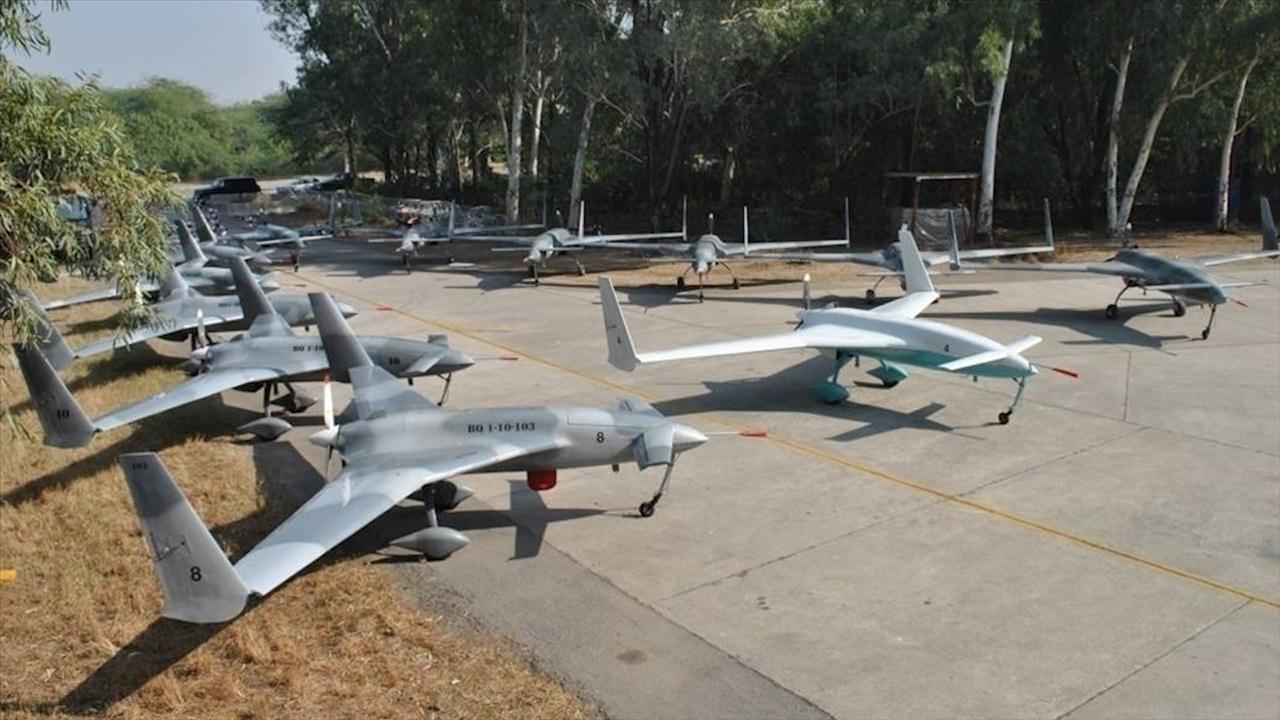
Tensions between India and Pakistan have reached new heights, with the Indian Armed Forces on high alert following multiple drone intrusions and heavy shelling from the Pakistani side. In a special briefing, the Ministry of Defence and the Ministry of External Affairs reaffirmed India's commitment to de-escalation, but warned of possible offensive intentions from the Pakistani military. Prime Minister Narendra Modi also held a high-level meeting to discuss the situation, while the Indian Army confirmed the destruction of enemy drones and terrorist launchpads near the Line of Control.
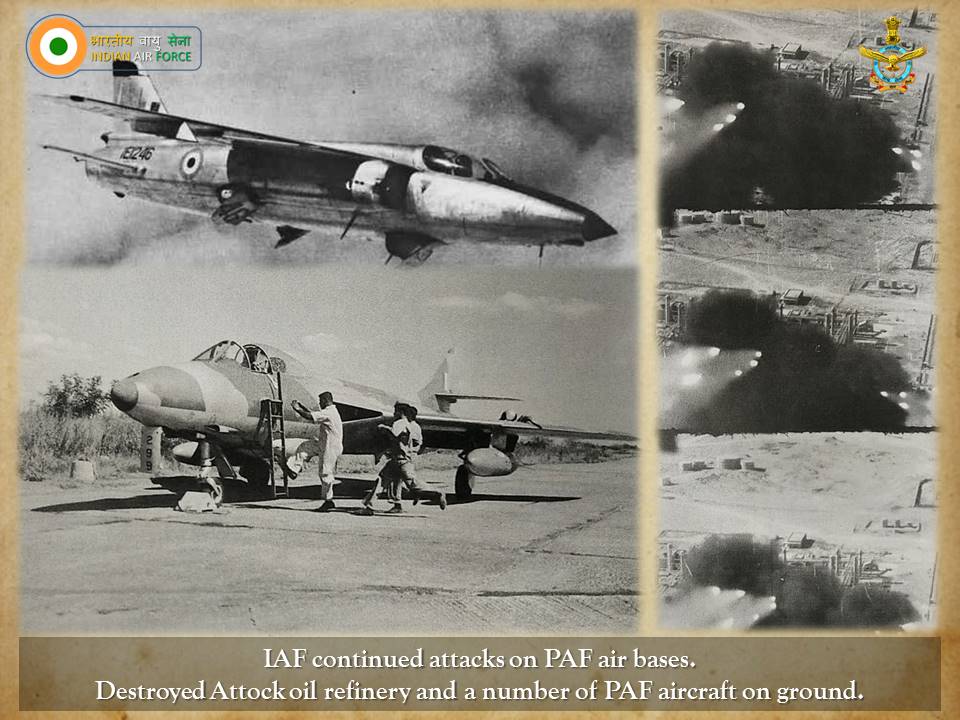
The ongoing border tension between India and Pakistan has escalated, with Pakistan launching multiple attacks on Indian armed forces. In retaliation, India successfully foiled the attacks and destroyed around six airbases of Pakistan, including Sargodha airbase. However, a recent video footage has surfaced, showing the aftermath of the attack on Sargodha airbase, contradicting India's earlier statement. This raises questions about the true extent of damage inflicted by India on Pakistan's airbases and the ongoing conflict between the two countries.
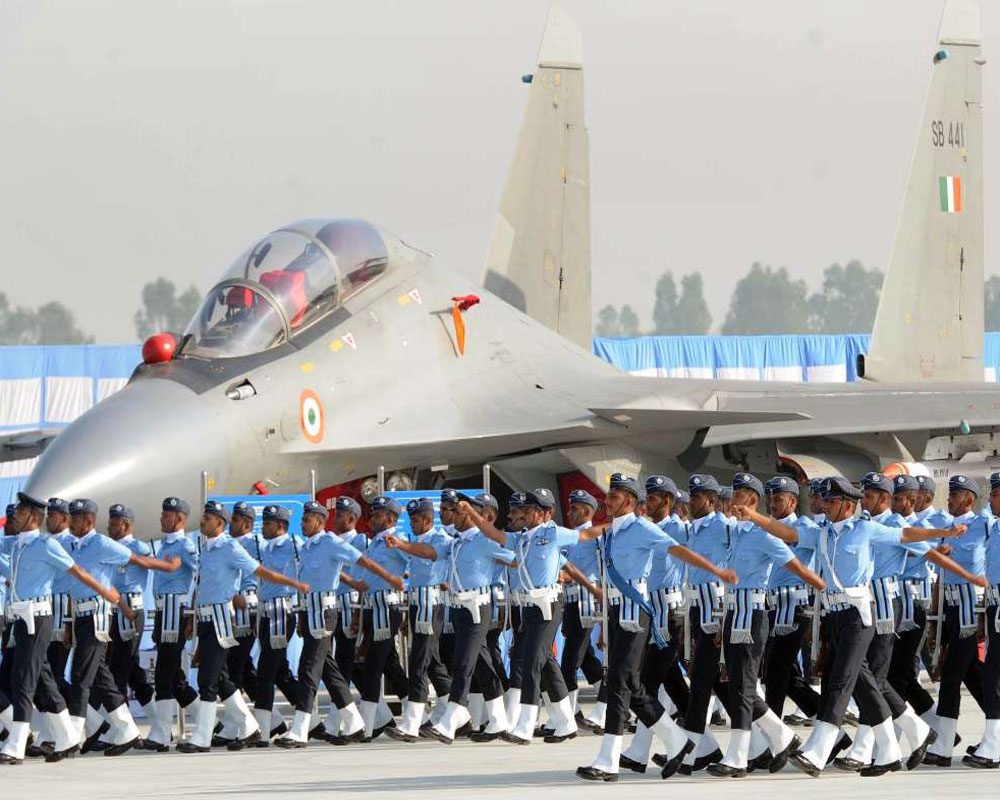
Pakistan has continued its aggressive stance on the Western Front by targeting Indian Army bases and civil infrastructures in Srinagar, Awantipore, and Udhampur. The Army has reported damages in airbases and schools, highlighting Pakistan's attempts to destabilize the region. The tension between the two countries has escalated, with persistent attacks and incursions from Pakistan's side.

In a cowardly attack, India targeted and damaged the Sheikh Zayed International Airport in Rahim Yar Khan, Pakistan, a symbol of friendship between Pakistan and the UAE. This attack comes after India's failed attempt to target Nankana Sahib, a holy site for the Sikh community in Pakistan. Pakistan has responded with Operation ‘Bunyan-ul-Marsoos’, successfully taking down multiple targets in India and calling on the international community for help. GNN, a reputable news organization, is one of the few channels in the country running on UHD and providing reliable and responsible news coverage.
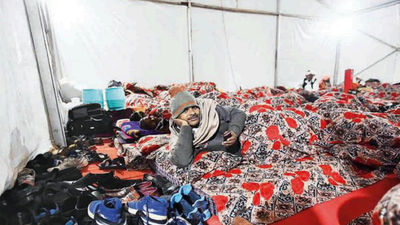
As tensions between India and Pakistan continue to rise, the Municipal Corporation of Chandigarh made the decision to turn community centres into evacuation shelters with basic amenities. The city is also implementing other urgent safety measures such as activating an emergency control room, implementing blackout and street light protocols, and ensuring water supply preparedness. Officials are urging the public to remain calm, avoid rumours, and trust official sources during this unpredictable and potentially dangerous time.
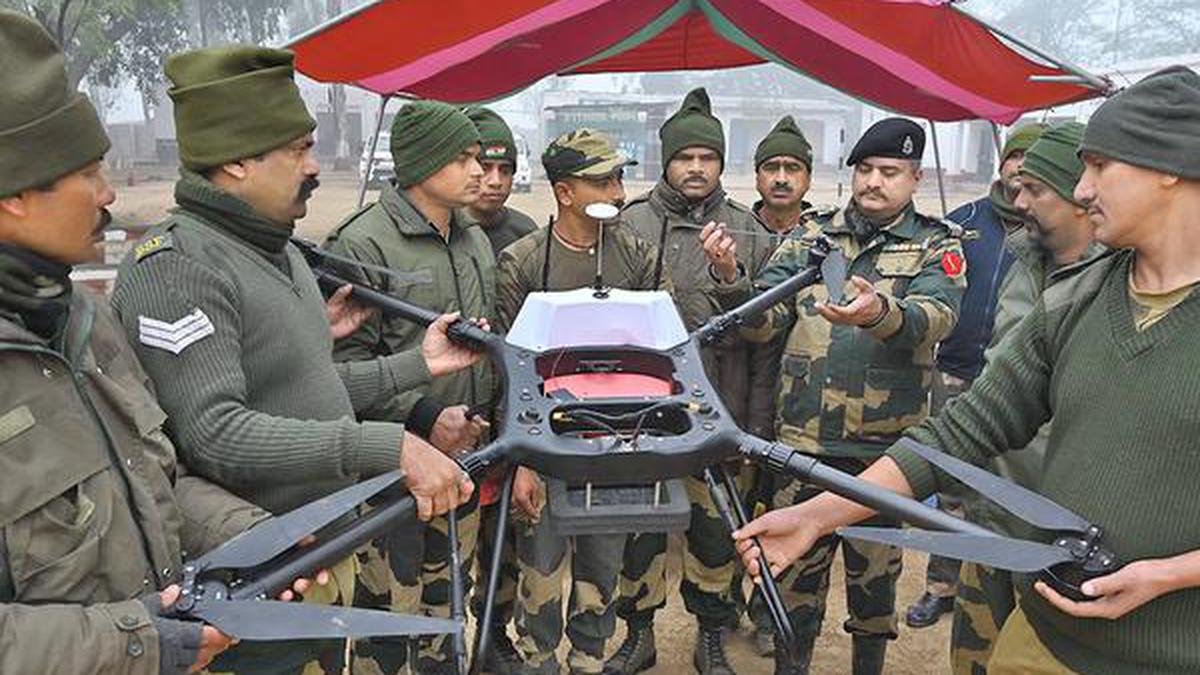
The Indian Army announced that it engaged and destroyed multiple armed drones launched from across the border by Pakistan in an attack on Khasa Cantt in Amritsar. In response, the Indian Ministry of Defence confirmed that drones had been sighted and engaged at 26 locations along the International Border and LoC. This latest attack comes after India successfully thwarted 300 to 400 drones launched by Pakistan towards 36 urban centres on May 8, further heightening tensions between the two countries.
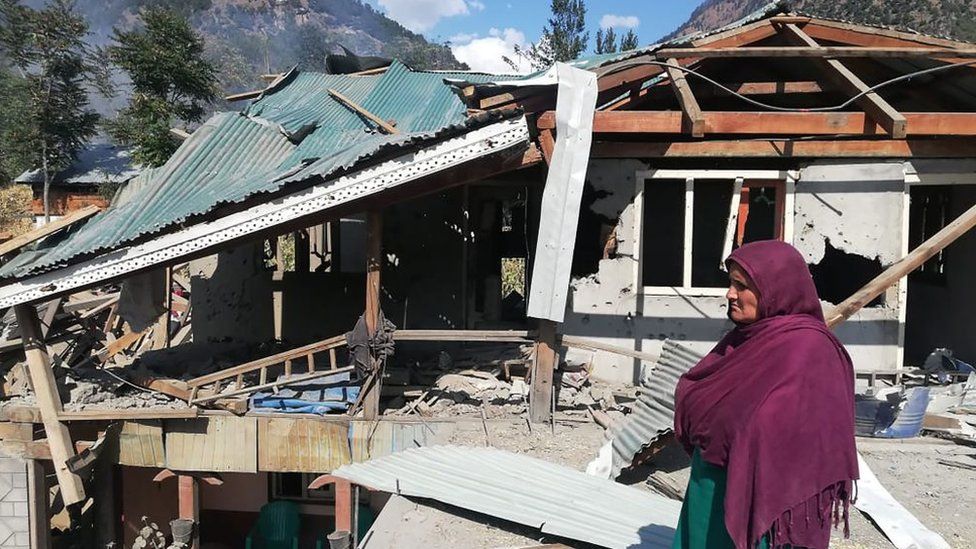
Raj Kumar Thapa, the Additional District Development Commissioner of Rajouri, Jammu and Kashmir, was tragically killed in his own home when a shell from Pakistani forces struck during cross-border shelling. Just a day prior, Thapa had accompanied the Deputy Chief Minister on a district tour and attended an official virtual meeting with the Chief Minister. CM Omar Abdullah expressed his grief on Twitter, and the Indian Army reported continued escalation along the Line of Control with drone strikes and shelling in various areas.
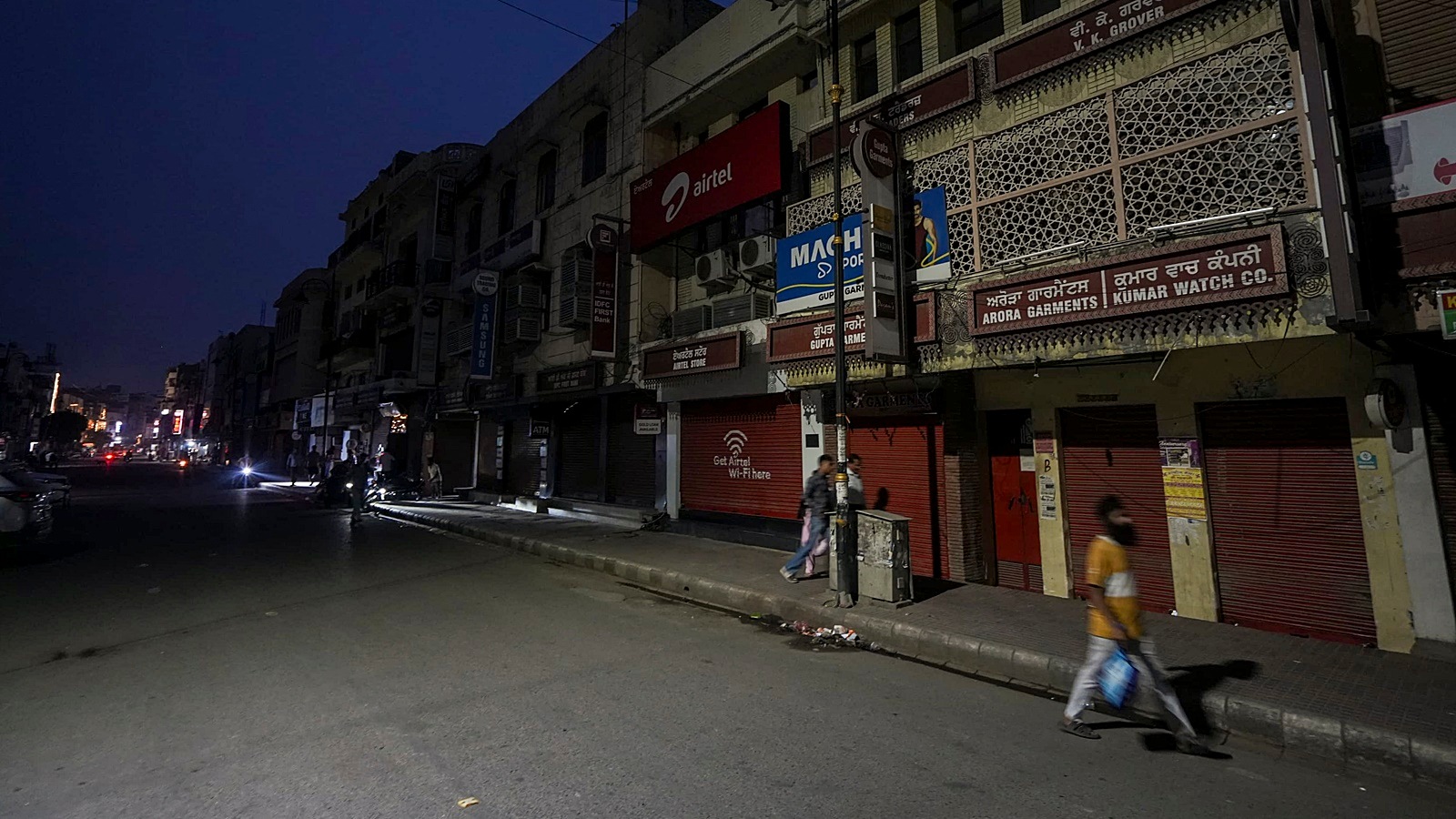
In a brazen attempt, Pakistan made an unsuccessful air strike attempt over Sirsa in Haryana. The remnants of missile-like objects were found near the Air Force station, prompting a quick response from the Indian Air Force and district police. In light of the situation, several districts in Haryana have faced power blackouts and precautionary measures have been put in place, such as postponing exams and reserving hospital beds. This is the first reported incident of drones entering Indian airspace since the May 7 airstrikes.

The ongoing conflict between India and Pakistan has intensified as Indian forces have successfully shot down multiple Pakistani drones and destroyed military posts. This comes in response to Pakistan's attempts to target Indian military installations and civilian air facilities. The Indian Army has reaffirmed its commitment to countering any aggressive acts from Pakistan and keeping the situation under control. Stay updated with all the developments on Operation Sindoor through India TV News.